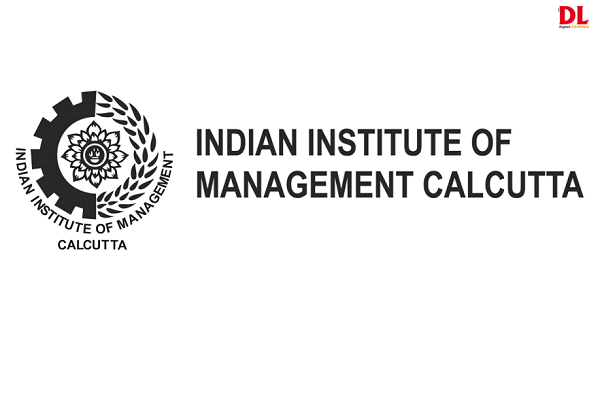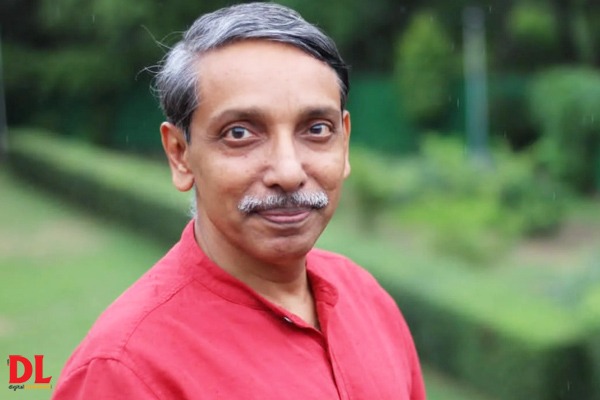SVIS is integrating technology into classrooms with tablets and smart boards. This integration ensures learning is easy, enjoyable, and focused on enhancing global perspectives. Meticulous planning of online classes during critical times has strengthened our bond with students, reinforcing the school’s dedication to adapting to evolving educational needs shares, Vinay Maheshwari, Executive Director – Sree Vidyanikethan Educational Trust, in an exclusive interaction with Nidhi Shail Kujur of Elets News Network (ENN).
1. How does the school differentiate itself to be recognised as one of the nation’s premier schools, emphasising excellence in teaching and learning?
The school distinguishes itself with a comprehensive approach to teaching and learning. Through diverse hobby and literary clubs, including the CV Raman Club (Science), students explore varied interests beyond the classroom. Emphasising experiential learning, field visits, and initiatives like the recently conducted Mohenjadaro experience at the school —a transformative journey delving into the profound legacy of the ancient Indus-Saraswati River Valley Civilization—the curriculum is crafted not merely to teach history but to bring it to life. Breaking away from traditional methods, the school focuses on practical insights, fostering a deeper understanding of subjects and building an innovative mindset essential for success in a rapidly changing world.
2. Could you highlight the unique facilities, including sports and recreational spaces, that contribute to a holistic educational experience at SVIS?
SVIS features a dynamic library as a research hub, inspiring students to love reading. Complementing this thought, the school introduced a unique Bus Stop Library initiative to revive reading habits in the digital era. The library offers diverse books for all ages, with plans to establish multiple Bus Stop Libraries across the community for widespread accessibility. Additionally, SVIS boasts India’s first Shakespeare Garden, providing an immersive environment for students to explore Shakespeare’s timeless works. State-of-the-art Labs like the CV Raman Club, Atal Tinkering Lab, and various hobby clubs cater to talents in music, arts, sports, and leadership. Students can engage in clubs and Leadership Forums, creating a vibrant tapestry of extracurricular activities. This emphasis on achievements underscores SVIS’s commitment to providing a well-rounded educational experience, recognising and nurturing various talents among its student community.
3. As part of Sree Vidyanikethan Educational Trust, how does SVIS align with the broader goals and values of the trust in promoting education?
As part of the Sree Vidyanikethan Educational Trust, SVIS aligns with the broader goals and values of the trust by prioritising education as a means of empowerment and societal advancement. SVIS reflects the trust’s dedication to quality education through academic excellence, character development, and holistic growth. With our well-rounded syllabus, advanced facilities, and nurturing atmosphere, SVIS embodies the trust’s vision of education that fosters critical thinking, creativity, and global citizenship. By providing a supportive and inclusive learning environment, SVIS prepares students to be responsible individuals contributing meaningfully to society, thus aligning with the broader goals of the Trust.
4. Could you elaborate on the school’s approach to enhancing students’ self-esteem and igniting curiosity and imagination?
SVIS prioritises a 360-degree educational approach, emphasising students’ self-esteem, curiosity, and imagination. Our educational framework integrates modern tools like ‘Buzzle,’ a personalised learning app, and incorporates design thinking and essential life skills outlined by the WHO for comprehensive growth. SVIS actively fosters creativity through ‘Innovation Challenges,’ expands horizons with ‘Exploratory Sessions,’ and encourages imaginative projects at ‘Imagination Fairs,’ cultivating a forward mindset and innovation culture. SVIS guides students on a journey of self-discovery, instilling a passion for learning, creativity, and self-confidence.
5. How does technology at SVIS foster independent learning and ensure global perspectives aligned with international educational standards?
At SVIS, technology is crucial in cultivating independent learning and promoting global perspectives aligned with international educational standards. Cutting-edge facilities, including the CV Raman Club and Atal Tinkering Lab (ATL), feature advanced science, robotics, and computer science technology, emphasising hands-on learning experiences. These labs shape students’ scientific acumen and prepare them for Industry 4.0 through projects like the Automatic Theft Alarm System, Joystick Controlled Robots, and more.
Beyond laboratories, SVIS is a pioneering school in India, integrating technology into classrooms with tablets and smart boards. This integration ensures learning is easy, enjoyable, and focused on enhancing global perspectives. Meticulous planning of online classes during critical times has strengthened our bond with students, reinforcing the school’s dedication to adapting to evolving educational needs.
6. How does SVIS contribute to the holistic development of students by focusing on physical fitness and well-being?
At SVIS, we prioritise both intellectual growth and physical well-being. Our facilities, such as an Olympic-sized swimming pool, horse riding amenities, and unique sports like tent lugging exemplify our dedication to promoting a healthy lifestyle. Recognising the link between physical well-being and academic success, these activities enhance concentration, stress management, and overall student well-being. Our 14 dynamic hobby clubs, covering areas like Dance, Science, Debating, and Photography, offer a wide range of avenues for exploration and growth.
The school adopts a comprehensive approach to overall well-being, supporting physical, emotional, and mental health in a supportive environment. A team of qualified wellness professionals and physical education teachers provide guidance and support, while extracurricular activities, sports, and arts encourage talent development. Regular health check-ups, nutritional programs, and awareness sessions further contribute to students’ well-being, promising an environment conducive to personal growth and success.
7. In what ways does the multi-disciplinary curriculum at SVIS contribute to students emerging as wholesome personalities?
The multi-disciplinary curriculum at SVIS is instrumental in cultivating individuals with varied skills. This approach surpasses the conventional academic scope, nurturing critical thinking skills, adaptability, and versatility. Exposure to diverse subjects fosters a global perspective, instilling open-mindedness and cultural awareness. Emphasis on extracurricular activities and community service enriches education, promoting the development of leadership and teamwork skills. This allows for personalised learning paths, empowering students to pursue their passions.





























